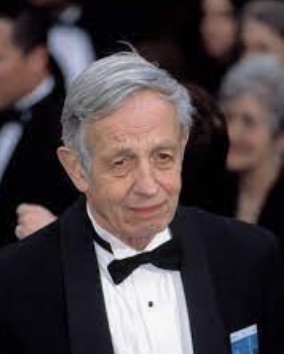
John Forbes Nash Jr. was born on June 13, 1928, in the Bluefield Sanitarium in West Virginia. From his earliest years, he was introverted, preferring to play by himself with toy airplanes and trains. Observing his lack of social skills, his teachers judged him as backward and were unaware of the intellectual gifts that resided within. John was bored by the traditional school curriculum and poured his passion for learning into his scientific experiments that he conducted at home.
In 1941, at age 13, he entered Bluefield College where his prowess in problem solving ignited his passion for mathematics. In 1945, he won a scholarship in the George Westinghouse Competition and was accepted by the Carnegie Institute of Technology (now Carnegie-Mellon University). In 1948, at age 20, John Nash received a BA and an MA in mathematics and was accepted into the Ph.D. mathematics programs at Harvard, Princeton, Chicago and Michigan, but ultimately chose Princeton.
During his time at Princeton, John Nash often skipped lectures, preferring to develop the mathematics himself with minimal reference to books or other sources. Though such an approach would be a recipe for disaster, for people, it was a modus operandi that gave his work a special originality. In fact, a paper in Game Theory titled Non-cooperative Games written during the first year of his Ph.D. earned him a Ph.D in 1950 and won him a Noble Prize in economics 45 years later.
In 1958, John Nash was completing his proof of Hilbert’s nineteenth problem when he discovered that Ennio de Giorgi, had published a proof a few months earlier, possibly preventing him from receiving the prestigious Fields Medal. In addition to this disappointment, John began to have personal problems in addition to his usual social difficulties with his colleagues. His behavior degenerated from eccentric to weird to bizarre. In the years that followed, John Nash displayed all the symptoms of a mental disorder and spent time in and out of psychiatric hospitals.
After years of treatment, John Nash gradually regained his sanity and was able to speak about his illness at the tenth World Congress of Psychiatry in 1996. In 2015, he and Louis Nirenberg were awarded the Abel prize for “striking and seminal contributions to the theory of nonlinear partial differential equations and its applications to geometric analysis.” A few days after receiving the Abel Prize, John Nash and his wife Alicia were both killed when the taxi in which they were passengers was involved in an accident on the New Jersey turnpike.
